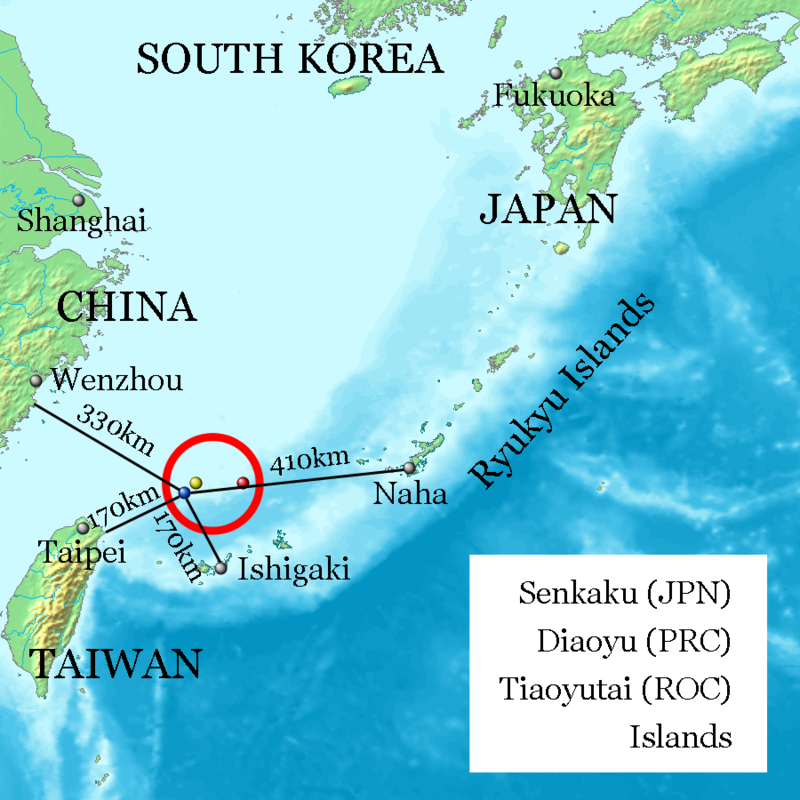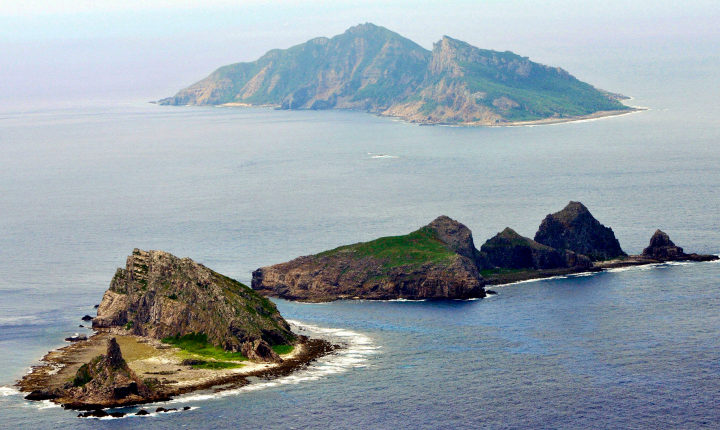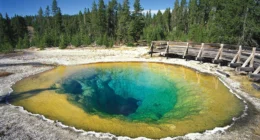One of the most widely concerning uncertainties in East Asian politics is the dispute of Senkaku Island.
In past decades, Japan, China, and Taiwan (The Republic of China) have all claimed sovereignty over the island.
In 2012, and then in 2015, the Senkaku Islands dispute even triggered international concern over the possibility of military action.
Over the years, Japan has indicated that it has a legal right to Senkaku Island under the protection of International law.
However, China has repeatedly refuted the administration of Prime Minister Shinzo Abe by bringing up World War Two, and consistently criticizing the Japanese government for declining to discuss the issue of China’s position.
Undoubtedly, China’s bolder intension, along with its aggressive economic strategy, would lead to more significant tension in the region.
At the same time, sovereignty over the island has the potential to be a trigger point for a regional conflict.

Historical Controversy
Before the 1800s, and much earlier, Senkaku Island and other neighboring islands were part of the Chinese world.
Although both the Ming, and Qing dynasties considered Senkaku a part of their land, they did not officially govern the island, thereby leaving its sovereignty ambiguous.
In the mid-1880s, the rising Japanese empire started to explore the southern part of their territory, looking for more ocean resources.
Because the island was de-facto independent at that point, Japan was able to bring it under their own umbrella of influence.
After World War Two, in 1945, the United States established a temporary government and military occupation force in Okinawa to help control the disintegrating Japanese empire, and maintain peace in East Asia.
However, when the U.S. government decided to ‘return’ Okinawa Island to Japanese control in 1972, they did not mention Senkaku Island.
International Law versus Moral Perspective
Although the ownership of Senkaku Island is not addressed in the Okinawa Reversion Agreement, Japanese ownership is protected under international law since the United States claimed the island as part of Okinawa during its occupation.
However, from a moral perspective, China has a right to the island.
China was not able to maintain control of the island in the 19th century due to wars and domestic strife, and it is not now ‘fair’ to penalize the country because of this.
Now, in the 21st century, as China has become a rich and stable country, it can afford the time and resources to pay attention to the Senkaku issue.
Should Taiwan Claim Sovereignty?
Under its current pro-independence government, Taiwan has claimed that Senkaku Island, despite disputes over its history, should be given back to Japan.
However, members of the KMT, Taiwan’s main opposition party, also support Taiwan’s sovereignty claim over the island.
Question – What is China?
The dispute over Taiwan’s claim to Senkaku Island has led to the much bigger controversy about the decades-long ‘One China’ dispute.
To many older and more experienced representatives of the KMT, the Republic of China in Taiwan is the only legitimate Chinese government.
Therefore, if Senkaku Island belongs to China, it belongs to the Chinese government in Taiwan.
Although, in theory, such an argument sounds persuasive, the political climate, in reality, is not too friendly to Taiwan.
In recent years, the island has also become a tool for Japanese and mainland Chinese politicians to incite nationalism for political means.
Undoubtedly, Senkaku is not just an island. It is now a potential flashpoint between two of the biggest economies in the world, and for all concerned, something to be exploited for political and economic gain.










Comments are closed.